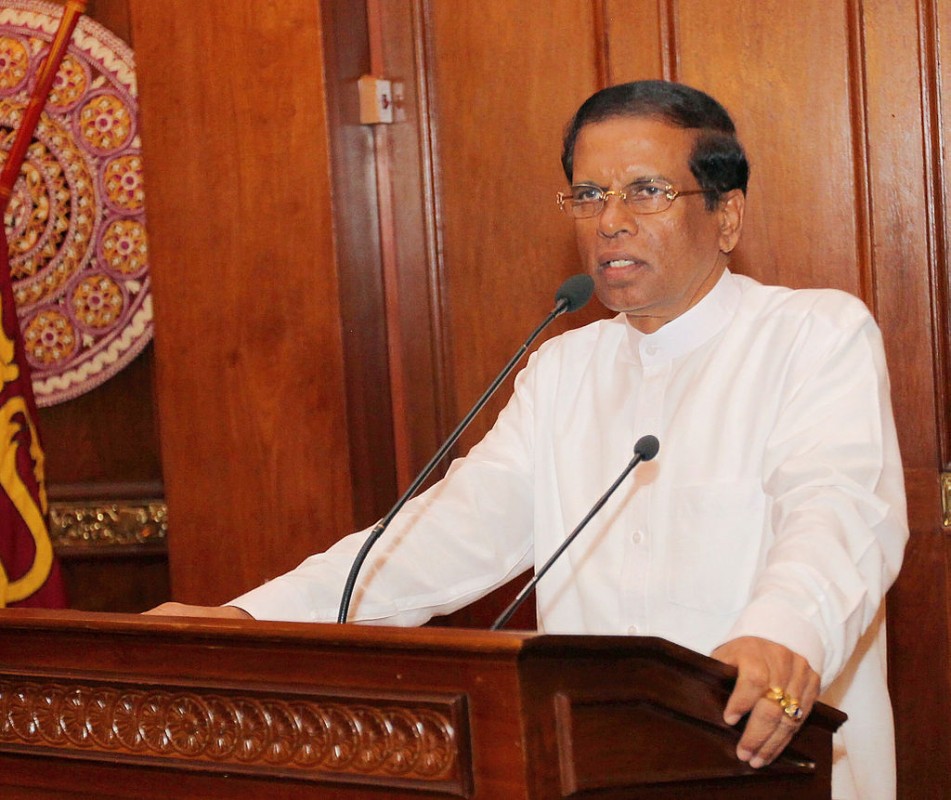A glaring omission in Zimbabwe’s drug control laws has meant that methamphetamine was only just outlawed. In October 2024, the drug was added to the list of controlled substances in the Dangerous Drugs Act for the first time ever, meaning people arrested for its use before this date were being arrested for a substance that was never criminalised.
Despite several methamphetamine related arrests in the past few years, such as that of Anisha Brenda Gumbo, Savieri Zuze and Tinashe Muyeiso and extensive efforts from the state to crack down on the use, sales and production of mutoriro (as it is known in Zimbabwe), the drug had never been banned when the Dangerous Drugs Act was first implemented in 1956 and throughout its several updates. This means that people have been arrested for using a drug that had never been scheduled – and therefore criminalised – before.
Methamphetamine in Zimbabwe
While there have not been any studies done into national prevalence of drugs in Zimbabwe, there are some resources that highlight concerns around methamphetamine use. The Zimbabwe Civil Liberties and Drug Network (ZCLDN), a national organisation working on drug policies, estimated that around 30% of young people in the country use methamphetamine. A 2023 study by ZCLDN and Mainline underscored that many people using methamphetamine begin before the age of 25 and that there are only two public hospitals across Zimbabwe supporting those using the drug. However, there are no publicly available statistics on methamphetamine arrests.
Speaking to TalkingDrugs, Wilson Box, director of ZLCDN, said methamphetamine is a preferred drug due to its immediate enhancement capabilities.
“It’s preferred because it’s a ‘take me quick’ drug. Others use it as a sex enhancer and others prefer the euphoric effect of the drug hence the preference as a drug of choice,” said Box.
Collin Mapfumo, Executive Director for the Anti-Drug Abuse Forum told TalkingDrugs of the underlying economic incentives for methamphetamine consumption.
“Some individuals in the informal sectors who include commuter drivers, touts, vendors, cart-pushers, tailors, and traders admit that they consume and become addicted to drugs such as methamphetamine to enable them to work hard and become materially successful or to forget their economic problems. Unregulated long working hours and poor infrastructure require them to be in a drug-induced state of alertness as some have confessed during our surveys,” said Mapfumo.
“The high number of young people currently inactive on street corners or gambling on pool tables in the high-density suburbs will eventually fall victim to the psychological and social strain of unemployment. The readily available remedy for them are drugs,” he added.
Prosecutions for methamphetamine use are generally low: the National prosecuting Authority has said that in the first quarter of 2023, 315 people were charged with possessing or selling methamphetamine.
State’s stance on methamphetamine
According to the recent addendum to the Dangerous Drugs Act, dealing, using or being in possession of methamphetamine is an offence liable to a fine or to imprisonment for a period not exceeding ten years or to both such fine and such imprisonment.
President Emmerson Mnangagwa and the First Lady Auxillia Mnangagwa have been vocal against the use of methamphetamine, calling on law enforcement officials to increase, expedite arrests, and the Courts to be “relentless” when issuing out sentences. In 2022, the First Lady spearheaded a national campaign against substance use by young people, focusing primarily on alcohol and methamphetamine. The clear call from the Head of State has been a contributing factor in the arrest, prosecution and conviction of those who use, deal, or are found in possession of methamphetamine.
Legal confusion between methamphetamine and MDMA
State prosecutors have used legislation banning methylenedioxymethamphetamine (MDMA) – which is scheduled in the Dangerous Drugs Act – to prosecute anyone involved with methamphetamine in the past. The state relied on the argument that methamphetamine is a derivative of methylenedioxymethamphetamine.
Virginia Mabhiza, Zimbabwe’s Attorney-General, has defended that State prosecutors can pursue legal action against those possessing, selling or using methamphetamine under the Dangerous Drugs Act. However, she simultaneously admitted that the nation’s drug laws needed updating to be more specific on what drugs are criminalised or not.
“It is not correct to say that one can go scot-free after being found in possession of mutoriro,” she told the press in May 2024.
Legal challenge to methamphetamine laws
Regardless, lawyers have challenged the state’s persecution of those using or selling methamphetamine. In Harare Magistrates Court, Prince Samuriwo and Humphrey Banda, who were arrested in possession of 83 grams of methamphetamine, have pledged their defense in court. According to their lawyers, Admire Rubaya and Malvin Mapako, the state is unable to prove that methamphetamine is recognised as a “dangerous drugs” in the country’s laws. The Harare Magistrates Court is yet to issue a verdict on the duo however, if their case is dismissed, it will mean those that were charged or arrested prior to the addition of methamphetamine to the Dangerous Drugs Act could be exonerated.
“A drug does not become dangerous simply because the general population, the state and politicians want it to be treated as a dangerous drug,” they defended.
“A drug can only be dangerous in terms of the law if it fits the definition of a dangerous drug.”
Rubaya was also the legal representative of Anesha Gumbo, who was arrested for possessing 98 grams of methamphetamine in June 2021; Gumbo was later released on bail.
Retroactive criminalisation
However, over the past few years there have been legal critiques about the application of retrospective and retroactive laws, particularly regarding labour laws. A retroactive criminalisation of methamphetamine could mean that those awaiting trial for cases related to the drug would still face arrest and conviction. The only legal defense available would be that this retroactive implementation would go against the spirit of the Constitution’s separation of powers. This defense has not yet been attempted.
In an interview with TalkingDrugs, Students for Sensible Drug Policy (SSDP) Zimbabwe said there was a need for evidence-based approaches to address substance abuse which prioritizes public health and human rights.
“The arrests, charges, and convictions of individuals for methamphetamine-related offenses prior to its inclusion in the Dangerous Drugs Act raises concerns about retroactive justice. We emphasize the importance of fair and equitable application of the law,” said SSDP Zimbabwe. “We support advocacy efforts aimed at promoting fair and equitable justice”.


